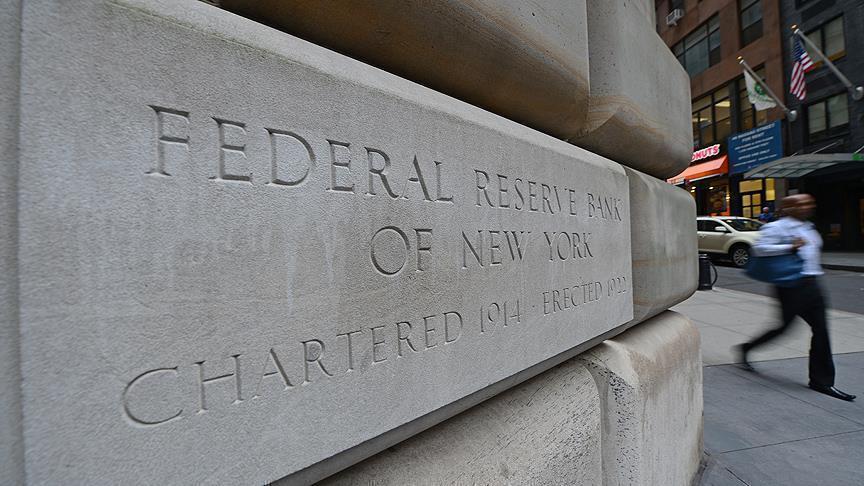
The U.S. Federal Reserve will continue further and gradual rate hikes, but will maintain a balance between impeding economic growth and letting the economy overheat, Chairman Jerome Powell said Friday.
With respect to the Fed’s interest rate increases, Powell drew a fine line between potential risks in his speech at the central bank’s annual retreat at Jackson Hole, Wyoming.
He said if the Fed moves too fast in rate hikes, it would limit economic expansion. But, if the bank moves too slow, the economy could overheat.
“I see the current path of gradually raising interest rates as the FOMC’s approach to taking seriously both of these risks,” he said.
“While the unemployment rate is below the [Federal Open Market] Committee’s estimate of the longer-run natural rate, estimates of this rate are quite uncertain,” he added.
The Fed made two rate hikes so far this year, and is expected to make two more before the end of the year. The bank made a total of seven rate hikes since December 2015, three coming last year.
Unemployment rate fell to 3.8 percent — a level that was last seen in April 2000 and in the year of 1969.
Inflation, meanwhile, is near the Fed’s 2 percent target range.
“While inflation has recently moved up near 2 percent, we have seen no clear sign of an acceleration above 2 percent, and there does not seem to be an elevated risk of overheating,” Powell said. “This is good news, and we believe that this good news results in part from the ongoing normalization process, which has moved the stance of policy.
“… if the strong growth in income and jobs continues, further gradual increases in the target range for the federal funds rate will likely be appropriate,” he added.
The U.S. President Donald Trump earlier this week criticized the Fed’s rate hikes, and said Powell, whom he appointed for the job early this year, would not disappoint him by raising interest rates.
Last month, Trump told CNBC in an interview he is “not happy” with the rate hikes, adding “Because we go up and every time you go up they want to raise rates again.”
Trump believes that rate hikes would hinder economic growth and put a cap on the bullish U.S. stock market.
He also does not want the rate hikes to increase the value of the American dollar against other currencies, since that would hinder the U.S. exports and make it harder for the country to lower its trade deficit.
[adrotate group=”9″]
